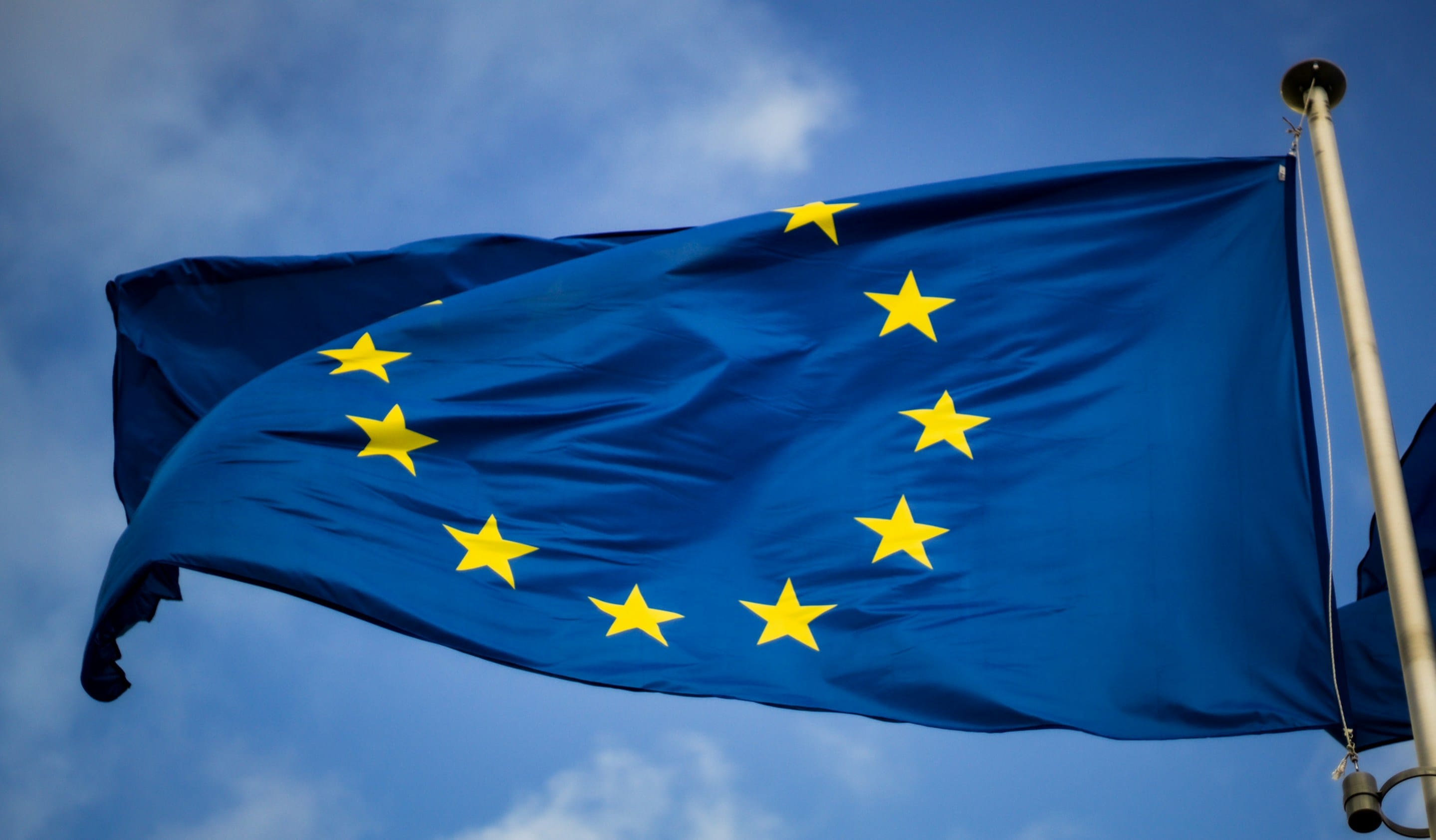
Eurofound surveys are regular pan-European studies that gather comparative data on living and working conditions across the European Union.
European Quality of Life Surveys (EQLS)
The European Quality of Life Survey (EQLS) is a monitoring tool to capture quality of life in multiple dimensions. Since its launch in 2003, the EQLS has developed into a valuable set of indicators which complements traditional indicators of economic growth and living standards such as GDP or income. The EQLS indicators are as clear and appealing as GDP, however they are more inclusive of environmental and social aspects of progress and therefore are easily integrated into the decision-making process and taken up by public debate at EU and national levels in the European Union.
Preparations for the 2026 round of the EQLS are currently underway.
Survey objectives
The EQLS examines both the objective circumstances of European citizens' lives and how they feel about those circumstances and their lives in general.
The main objectives of the survey are to:
Identify groups at risk and issues of concern as well as of progress.
Monitor trends by providing homogeneous indicators on these issues.
Contribute to European policy development on living conditions.
The EQLS is a representative, questionnaire-based interview survey that covers the adult population (18+ years).
The EQLS covers life domains that correspond to a wide range of policy areas and programmes carried out by European institutions. Many of those policies address a range of issues affecting quality of life, quality of society and quality of public services. These include employment, income, education, housing, family, health and work–life balance. The survey also looks at subjective topics, such as people’s levels of happiness, how satisfied they are with their lives and how they perceive the quality of their societies and public services. This multi-dimensional approach to quality of life has remained robust through the survey editions, even if topics and indicators have expanded over time to reflect emerging policy themes. By running the survey regularly, it has also become possible to track key trends in the quality of people's lives over time.
In view of the prospective European enlargements and interest from the European Free Trade Association (EFTA) countries, the geographical coverage of the EQLS has expanded over time. The timeline below lists the countries covered in the various editions of the survey.
In addition, a number of questions from the EQLS 2007–2008 were asked as part of a Eurobarometer survey in 2009 which allowed for the study of Trends in quality of life in the EU: 2003-2009.
EQLS 2026
EQLS 2016
EQLS 2012
EQLS 2007
EQLS 2003
Eurofound experts
You can contact the following experts for questions on the survey.
Daphne Ahrendt
Senior research managerDaphne Ahrendt is a senior research manager in the Social Policies unit at Eurofound. She is the coordinator of the survey management and development activity. In 2020, she initiated Eurofound’s Living and Working in the EU e-survey and now leads the 2026 European Quality of Life Survey, which she has worked on since the survey started in 2003. With over 30 years of experience in international survey research, she is also a member of the GESIS Scientific Advisory Board. Beyond surveys, her substantive research focuses on social cohesion, trust and the inclusion of persons with disabilities. Daphne started her career at the National Centre for Social Research in London where she worked on the International Social Survey Programme before moving to the Eurobarometer Unit at the European Commission. She holds a Master's degree in Criminal Justice Policies from the London School of Economics and a Bachelor's degree in Political Science from San Francisco State University.
Eszter Sándor
Senior research managerEszter Sandor is a senior research manager in the Social Policies unit at Eurofound. She has extensive experience in survey management, including questionnaire design and scripting, data preparation (processing, cleaning, weighting), and statistical analysis using R. She manages Eurofound’s e-survey (Living and working in the EU) and contributes to the preparation and management of the European Quality of Life Survey. Her research focuses on the quality of life of young people and families, including subjective well-being, mental well-being and living conditions.
Before joining Eurofound, she worked as an economic consultant in Scotland, specialising in economic impact assessments, evaluations, and input-output analysis. She has a Bachelor’s degree in Economics from the Budapest University of Economics and Business and a Master’s degree in Economics and International Relations from Corvinus University of Budapest.